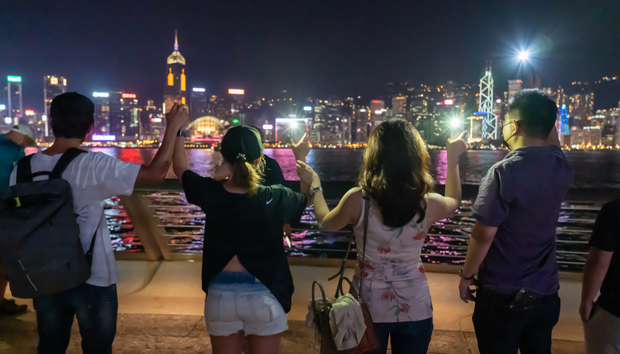by Phil Muncaster
Ever since the British flag was raised over Possession Point in 1841, Hong Kong has played a key role in international trade. To this day it remains the gateway to China, and the wider region, for a large number of international businesses. That's why many will be concerned by new reports of government plans to block certain apps and websites in order to disrupt long-running pro-democracy protests there.
The Hong Kong ISP Association (HKISPA) has released an urgent statement opposing such moves. If it isn't heeded, the SAR's hard-earned reputation as Asia's pre-eminent business hub could be at risk.
Protestors take to the internet
Pro-democracy, anti-government protesters have been hitting the streets in Hong Kong for nearly three months now — sometimes in their millions. Although there have been violent clashes, the majority of protesters are peaceful. They use a variety of apps to communicate, organise and share information.
Telegram has gained plenty of column inches, not least because of a major DDoS attack it suffered in June which was blamed on China. However, Hong Kong's tech-savvy citizens have plenty more tools at their disposal. Some, like FireChat — a novel app which uses Bluetooth and Wi-Fi when there's no mobile signal — were first used in the Occupy Central protests of 2014. Reports have also emerged recently of protestors using little-known Mexican app Bridgefy, alongside platforms like Tinder and Pokemon Go, and even iPhone AirDrop functionality.
That's why HKISPA is right to say a selective ban on certain applications simply won't work. It argued that any censorship efforts would soon escalate as more and more apps and platforms are banned by the government.

No comments:
Post a Comment